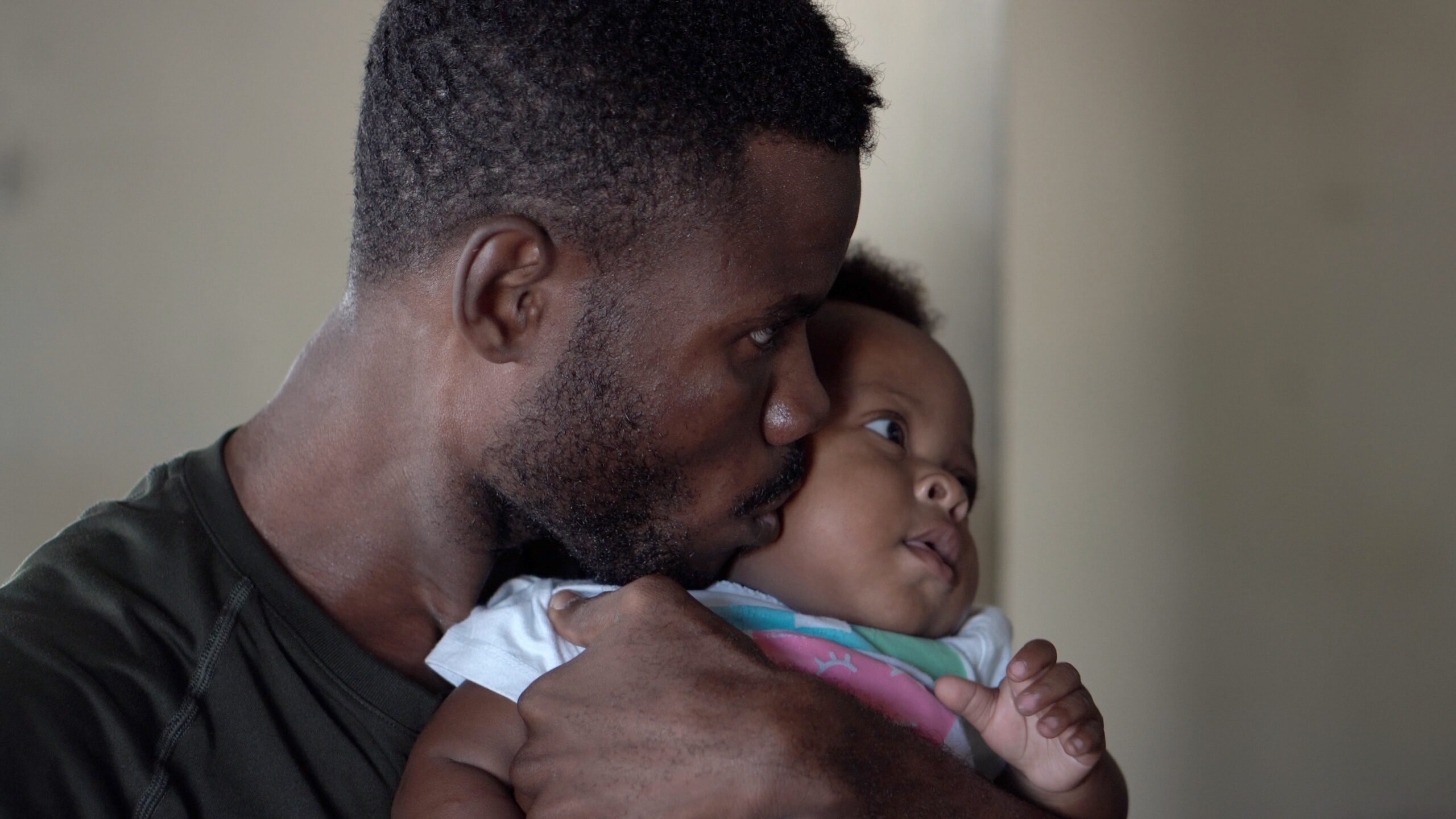This month, DC’s Paid Family Leave Program was approved to expand in a powerful way, thanks to a law that Councilmember Elissa Silverman successfully entered into the 2022 Budget. The expansion, which will go into effect beginning July 1, 2022, will increase paid leave for private sector workers from 8 to 12 weeks for parental leave, and from 6 to 12 weeks for family caregiving leave and medical leave. Employers will also see a reduced payroll tax rate after the policy’s reevaluation by the City’s Chief Financial Officer.
At the U.S. Care Instructure Conference hosted earlier this month by IWPR, American University’s Program on Gender Analysis and Economics, and the Carework Network, Silverman said this big win is largely due to the advocacy of Black and Latina/o workers to change the narrative on who paid leave is for and why it’s important. This expansion is big news for workers in the District.
Speakers on the “Ensuring Racial Equity in Paid Family and Medical Leave” panel discussed the significance of these policies, particularly to people of color and workers with low incomes. As Carol Joyner, Director of the Labor Project for Working Families with Family Values @ Work explained, “We need time to care, to heal, and to return to the jobs we need to survive.” That’s the core truth at the center of the movement for paid family and medical leave (PFML). Being able to rely on essential funds during the greatest times of transition or crisis in a person’s life—growing a family or caring for yourself or a loved one during a period of serious illness—is vital for economic security and for providing care.
“Paid leave is what enables workers not to have to choose between their lives and their livelihoods,” said Raven Dorsey, Deputy Director of Engagement at Paid Leave for All.
Cassandra Gomez, Staff Attorney at A Better Balance, explained the key components of a good PFML policy that can improve racial and economic equality. This includes an inclusive definition of family, one that recognizes multigenerational and non-nuclear family structures, as well gender- and sexuality-expansive understandings of family.
Paid family and medical leave policies should also cover all workers, Gomez explained, including public sector, seasonal, and domestic workers who are especially likely to be people of color. Finally, PFML policy should include job protections so that workers don’t need to fear retaliation when they take leave, and a progressive wage replacement rate so workers with lower incomes receive a higher percentage of their earnings while on leave. Public education, multi-language access, and robust reporting and enforcement are key to successful implementation.
Americans saw the benefits of paid leave during the COVID-19 pandemic. Kristin Smith, Visiting Associate Professor of Sociology at Dartmouth College, shared her findings that the Families First Coronavirus Response Act (FFCRA) allowed eligible workers to take leave at the peak of the pandemic, as well as during the historically more common summer break when child care responsibilities also increase. Workers not covered by FFCRA were more likely to have exhausted any leave permitted by their employer and could no longer respond to events requiring them to take leave later in the year.
Without sufficient paid leave, workers must fill in the gaps with unpaid leave—a hardship disproportionately borne by Black and low-income workers according to data from DC.* In DC’s public sector, Black workers are 62% of workers, but 71% of unpaid leave takers. People earning below $50k are 14% of workers, but 28% of those taking unpaid leave.
Even within the DC private sector where PFML currently applies, Black people are more likely to have their PFML claims denied than other workers. While Black workers make up 38% of all claims, they make up 61% of denied claims, indicating that issues of discrimination and inadequate public information may be at play.
The fight for accessible, affordable, and adequate paid family and medical leave in DC is not over, said Councilmember Silverman. Passing the law is just the first step. Next comes implementation, oversight, and evaluation.
* Unofficial data provided by the Committee on Labor and Workforce development from the DC Department of Human Resources.


